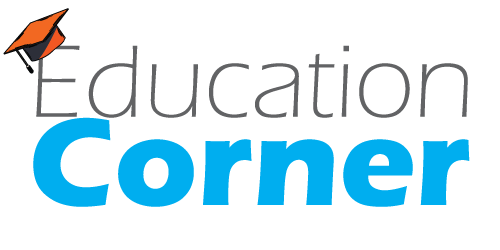5 Trends Towards eLearning Advancement
Skills development through eLearning is a hot priority in developing markets where accreditation, standardization, quality control, and competency listing have to be managed for a global listing and career.
The rise of new methodologies of digital education, eLearning, or micro-learning requires exhaustive applications by the Learning Management System adopted by the web developer and the features or services integrated. Concerns from accreditors that arrange software and rate apps that prepare the new digital citizen for the future shape of the classroom as ISTE, provide parallel back up to the Learning Management System market and trusted methodologies.
The arrangement of creative and socially organized learning that increases the engagement of the learner is also evident in eLearning methods that rank high.
Younger students are oriented towards the digitally managed classroom more than older ones, yet everyone in the industry is involved in the holocaust of change that brings about personal and professional improvement.
eLearning is an obvious means of equalization and bridging of knowledge gaps. Skills development is an industry within the eLearning sector, for acquiring the competency to rank in the world.
The fields of digital photography, technical writing, gamification, eCertification, social linking and branding, internet safety, and IP laws are included in the large spectrum of wanted skills for career advancement.
- Translation.
Translation of a single course in an established Learning Management System as Eliademy is possible in over 30 languages, which provides the impetus for global transformation and intellectual equality. Many more nations have the opportunity to enroll in a course and acquire skills for career advancement. The market of the Skills Knowledge Provider also increases many fold. Certified candidates are arranged to integrated features which enable listing of the certificate of the branded Learning Management System into their LinkedIn profile for global recruitment or competency ranking.
- Social linking.
Social linking to broad spectrum social sites that cover large national territories as with WEIBO in China, engaging an otherwise unapproachable community on the internet, or with VKontakte in Russia and Europe, and KLOUT for automated digital Alexa ranking of the Skills Knowledge Provider (or the candidate), provides visibility on the profile of the team involved in elearning sales or strategies. The digitally safe internet community have an outreach through dynamic social and information channels, with support for issues and arrangements for resolution of conflict.
- eCertification.
eCertification on platforms such as Eliademy is global and integrated with LinkedIn for social acceptability. This is especially significant for developing nations that labor hard but are mistrusted and poorly paid. The eCertificate is processed through dual channels. One is digital, arranged through electronic transfer, and the other is real, mailed through post and signed with seal. The physical copy belongs to a support structure that can be externally verified through a regulatory authority for Quality Assurance and Accreditation. The online version is processed through digital ed-Tech systematic registration, verifiable on a social integrated platform, and contributing to the Alexa ranking of the candidate.
- Grading and assessment.
Grading and assessment is a valuable component of self-learning and personal development. In Eliademy, assessment strategies may be listed and grades are visible. There are three main types of assessment that help learning: Diagnostic, formative, and summative. Diagnostic assessments may support the learner on the onset and provide a means of guidance; formative assessments indicate how the learner adapts to the curriculum and measures the quality of learning taking place; summative assessments show that the candidate meets with the standard of competency needed for the qualification to acquire the certificate. External verification of grades and assessments may also be managed to strengthen the credibility of the eLearning course provider.
- Time management.
Time management is important for self-development and eLearning. An online Learning Management System such as Eliademy provides a feature that is “self-paced”. A self-paced course provides the candidate with an arrangement to explore the subject, take the course, and financially support the cost of additional learning online whilst continuing with work or job. This is preferable for a candidate of lower economic strata, who does not receive study grants, and cannot afford year of enrollment into college with no earning. Self-pace study enables self-assessment of personal skills development and of personal learning. In case of weak learning or handicap, support may be available to boost learning performance.
These trends will satisfy customers of all ages, nations, and careers, to expand their skills for lifelong learning, career, and self-development in a rich, integrated, digital environment. The opportunity is now affordable, supported, enjoyable, and productive.
